Never dreamed of studying abroad
Born into a family of four siblings in a border commune with Laos, Dang Thi Loan was soon accustomed to hard work and hardship. When she was in 9th grade, tragedy struck when her father had an accident and lost the use of his left hand. The family's economy then depended on her mother's labor from growing tea.
“At dawn, my mother and I were already on the hill picking tea. It was almost 6 o’clock when I hurried home, cycling more than 10km to get to school,” she recalled.
Studying in high school at a village school, Loan chose to study block A with the dream of becoming a doctor to save people, but when she stood at the threshold of university, she was forced to make a realistic choice. With difficult family circumstances, she clearly understood that she would not have the opportunity to "start over" if she failed.
That year, she decided to enroll in the Veterinary Medicine program at Hue University of Agriculture and Forestry, which suited her family's abilities and financial conditions. "At first, I loved Traditional Medicine the most, but Ivan Pavlov's quote 'A human doctor saves people, a veterinarian saves all of humanity' made me determined to pursue this field and continue my dream of Medicine," Loan shared.
The surprise came in her final year of university, when her scientific research supervisor recognized her ability and encouraged her to apply for a master's degree in Japan.
“At that time, I was really confused because my English level was almost zero and my financial conditions were not enough. Studying abroad on my own was a risky decision that I never dared to think about,” she recalled.
However, her desire to learn motivated her to boldly apply for a master's preparatory program at the University of Tokyo, the most prestigious school in Japan.
Ms. Dang Thi Loan on her PhD graduation day at Tokyo University, Japan. |
Currently, Ms. Loan is continuing her postdoctoral research at the University of Tokyo. |
From failing the entrance exam to winning a "double" scholarship
With zero foreign language skills, on the first day she arrived in Japan, Loan looked for a part-time job to cover her living expenses. She juggled many jobs at the same time such as cleaning hotels, serving at bars, cleaning at the complex... working until 11pm every day. After that, she returned to her research room to study by herself. Despite a whole year of hard work, she still failed the master's entrance exam because her English score was not enough.
“At that time, I thought about not studying anymore and returning home to find a job. But remembering the promise I made to my parents, I was determined to pursue it to the end. I begged the professor to let me stay for another year, working part-time, learning English, and improving my research skills,” she confided.
The young woman's determination and tireless efforts were recognized when in early 2020, she officially passed the entrance exam and enrolled in a master's program at the University of Tokyo with two scholarships at the same time. Financially secure, Loan devoted herself to studying, researching, and working as a teaching assistant for the school's classes. Two years later, on schedule, she graduated with a master's degree with a highly rated thesis.
Thanks to her good thesis score, Loan applied for a PhD and was accepted after just a 10-minute interview along with a full scholarship from the Japanese Ministry of Science and Technology (2022 - 2025).
Last March, when she officially held her PhD in Veterinary Medicine in her hand and looked back on her long journey of effort, she silently thanked herself for always persevering and not giving up in the face of difficulties.
Dr. Loan has paid attention to epidemiological issues related to fascioliasis in livestock. |
Research on pathogens in the livestock industry in Vietnam
Originally from the countryside, when she was studying in Vietnam, Ms. Loan was interested in epidemiological issues related to fascioliasis in livestock. Therefore, during her years studying abroad, the topic that Ms. Loan was most passionate about was the impact of the ability of snails to tolerate salt on the increase in the rate of fascioliasis infection in coastal areas.
“Although I study in Japan, I always want to conduct applied research that can contribute to improving the livestock situation in the country and help the international community know about medical and agricultural issues in Vietnam,” she said.
According to her, previously, scientists believed that this snail species could only live and develop in freshwater environments, so the risk of disease transmission in coastal areas was assessed as very low. However, in recent years, the rate of infection with large liver flukes in cattle and buffalo in coastal areas, especially in the Mekong Delta, is on the rise.
This led her to hypothesize that the intermediate snail species may have adapted and developed the ability to resist salt. Loan's research results have demonstrated that some intermediate snail species can now survive and continue the disease transmission cycle in brackish water conditions, with a certain salt concentration.
“This discovery is important because it not only helps adjust disease prevention measures in Vietnam but also contributes to changing the awareness of people, livestock farmers and some scientists about the risk of spreading fascioliasis in coastal areas around the world,” she shared.
According to Ms. Loan, conducting research in Vietnam while studying in Japan was not easy. After completing the experiments in the research lab at the school, Ms. Loan arranged to return to Vietnam to conduct surveys and collect samples in the Mekong Delta provinces to verify the results.
Currently, Ms. Loan is continuing her research as a postdoctoral researcher at the Laboratory of Infectious Disease Control at the University of Tokyo. At the same time, she is also looking for opportunities to return to Vietnam to contribute and work.
“I always want to contribute to my homeland, especially in the fields of scientific research and education. Vietnam has many practical issues in animal husbandry and agriculture that need further research. I hope that with the knowledge and experience I have accumulated, I can make a small contribution to the development of domestic research,” said the young doctor.


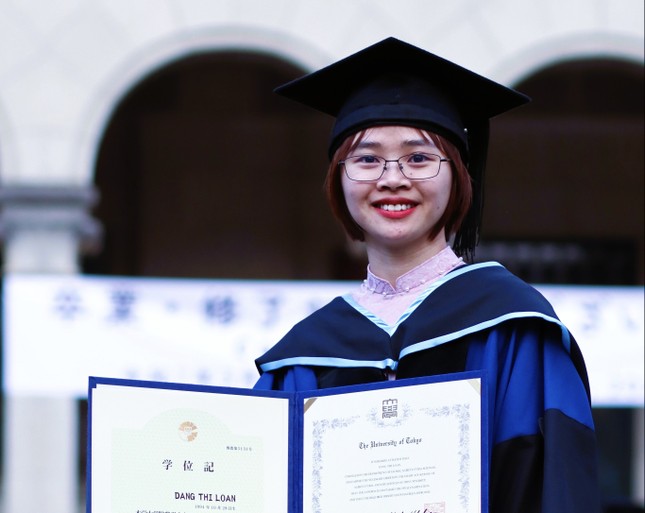

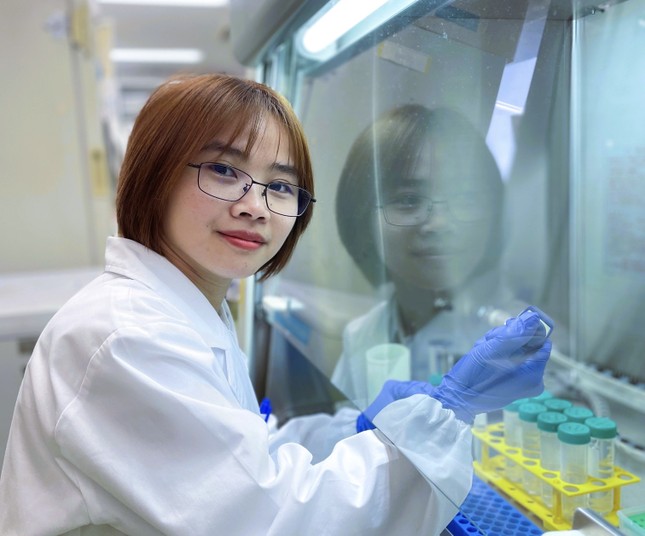
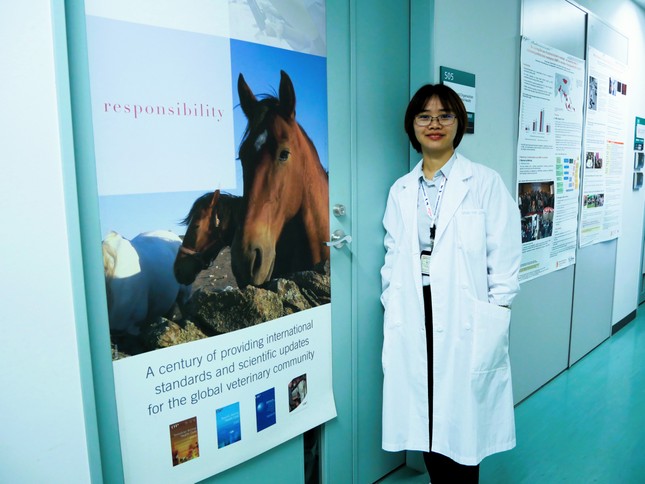



![[Photo] Party and State leaders visit President Ho Chi Minh's Mausoleum](https://vphoto.vietnam.vn/thumb/1200x675/vietnam/resource/IMAGE/2025/5/19/d7e02f242af84752902b22a7208674ac)

![[Photo] Special flag-raising ceremony to celebrate the 135th birthday of President Ho Chi Minh](https://vphoto.vietnam.vn/thumb/1200x675/vietnam/resource/IMAGE/2025/5/19/1c5ec80249cc4ef3a5226e366e7e58f1)



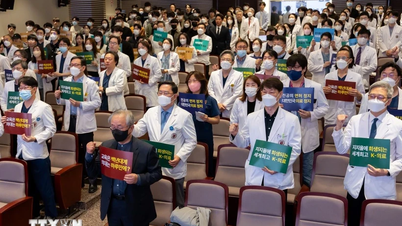

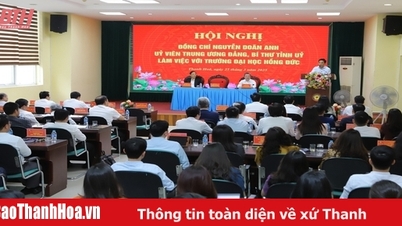










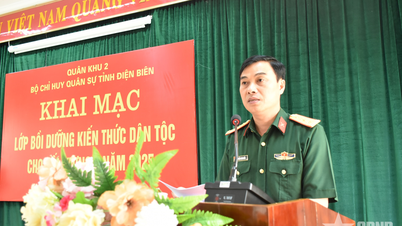









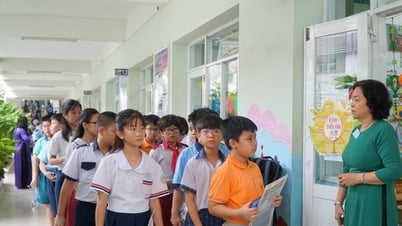
















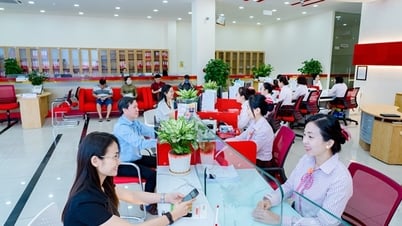


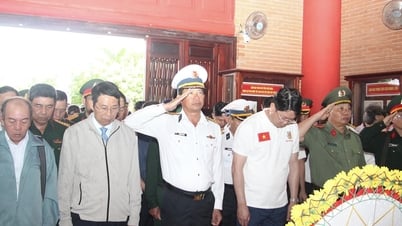


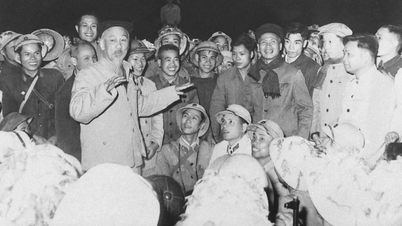



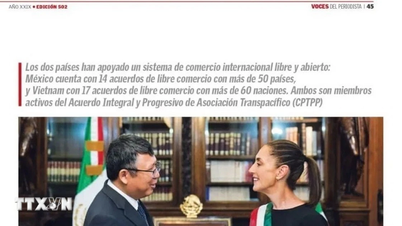
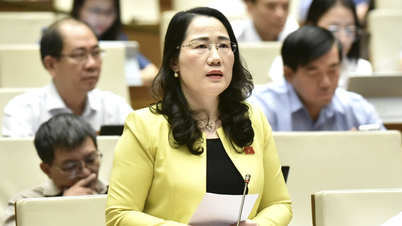








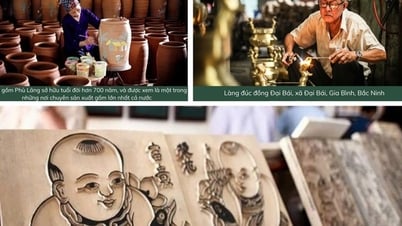


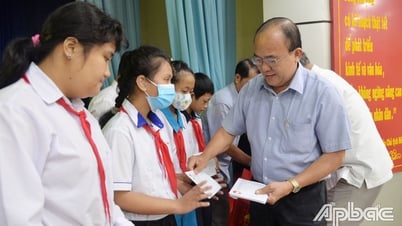




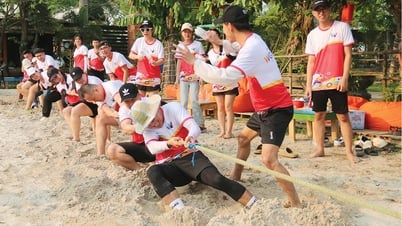
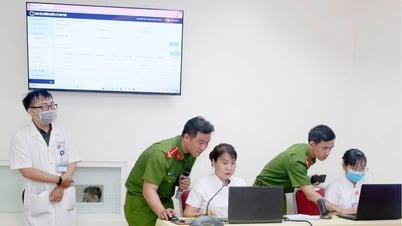
![[VIDEO] - Enhancing the value of Quang Nam OCOP products through trade connections](https://vphoto.vietnam.vn/thumb/402x226/vietnam/resource/IMAGE/2025/5/17/5be5b5fff1f14914986fad159097a677)







Comment (0)